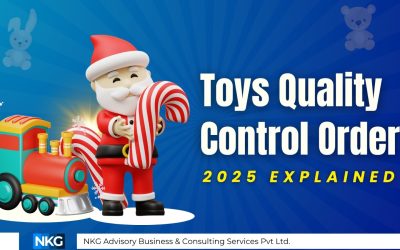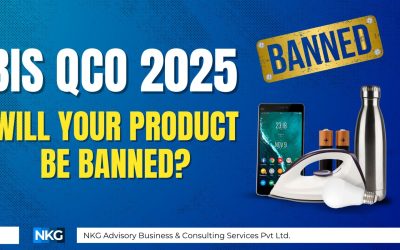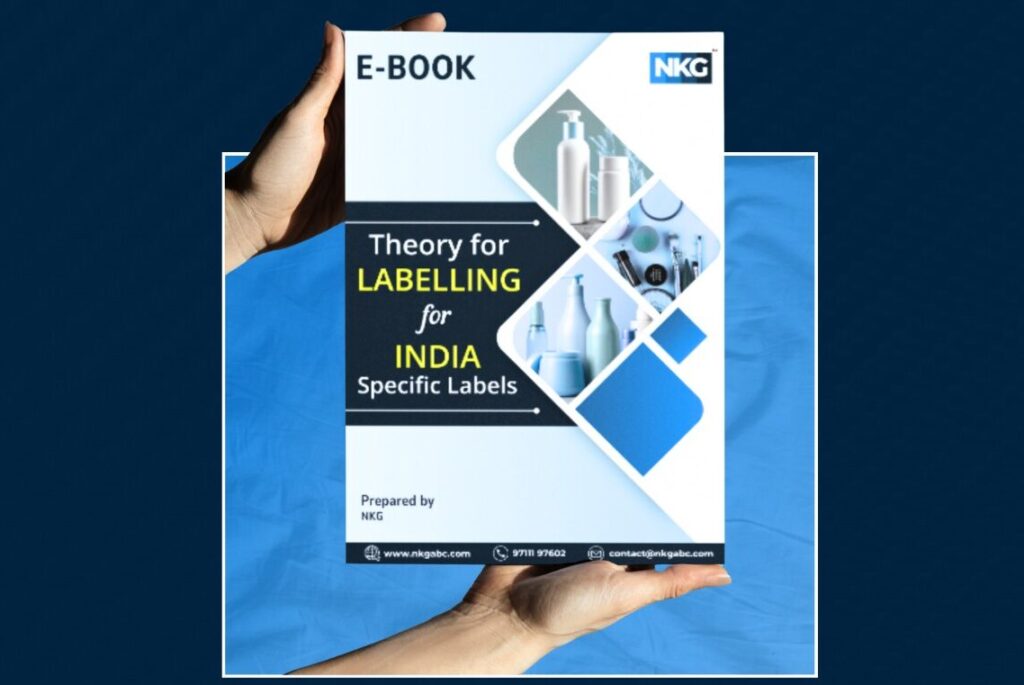Overview of plastic
A variety of synthetic or semi-synthetic organic compounds can be molded into solid objects using plastic, which is a malleable material. All materials have a general characteristic known as plasticity that allows for permanent deformation without breaking. The name “polymer” comes from polymers’ elastic and plastic qualities. Although they typically contain other materials, plastics are high molecular mass organic polymers. Most of the time, they are synthetic and made from petrochemicals. However, the current emphasis on the environment has increased the number of plastics made from renewable resources, such as cellulosic from cotton linters and polylactic acid made from corn. Plastics are now used in a wide range of products due to their relatively low cost, ease of manufacturing, versatility, and water resistance. Plastic is used in everything, from simple items like paper clips to complex ones like airplanes.
What is single-use plastic
Single-use plastic items (SUPs) are utilized only once or briefly before being discarded. Global and sometimes severe effects of this plastic waste on the environment and our health. Compared to single-use plastic products, alternatives that can be reused are less likely to end up in our oceans. Many plastics cannot biodegrade. Instead, they gradually break down into tiny fragments known as microplastics. One of the leading causes of the environmental clutter caused by single-use plastics is irresponsible individual behavior and inadequate management of waste. The impact of insufficient waste management systems is also substantial.
Ban on single-use plastic
On July 1, 2022, the Ministry of Environment, Forests, and Climate Change had prohibited “the manufacture, import, stocking, distribution, sale, and use of the following single-use plastic, including polystyrene and expanded polystyrene, commodities.
As amended, the Plastic Waste Management Rules, 2016, provide the legal framework and the necessary authorities for the rules’ enforcement, including a ban on certain single-use plastic items. In accordance with the Plastic Waste Management Amendment Rules of 2021, the following single-use plastic items have been identified as having low utility and a high potential for littering. They are therefore prohibited from July 1, 2022:
- Plastic sticks for balloons, plastic flags, candy sticks, ice cream sticks, and polystyrene (Thermocol) for decoration; Earbuds with plastic sticks.
- Plates, cups, glasses, cutlery like forks, spoons, knives, straws, trays, packaging film wrapped around candy boxes, invitation cards, cigarette packets, plastic or PVC banners smaller than 100 microns, and stirrers.
Amendments in Plastic Waste Management Rules, 2016
The following actions were taken to enforce the 2016 Plastic Waste Management Rules and to outlaw certain single-use plastic products.
All 36 States/UTs have established the Special Task Force with the Chief Secretary/Administrator as its chairperson to eliminate identified single-use plastic items and manage plastic waste effectively. The Ministry has also established a National Level Taskforce to take coordinated action to eliminate specific single-use plastic items and effectively implement the Plastic Waste Management Rules, 2016. The National Task Force has held three meetings. The State/UT Governments and the relevant Central Ministries/Departments were requested to create and implement a thorough action plan to eliminate single-use plastic.
Under Section 5 of the Environment (Protection) Act of 1986, the following has been directed:
- The State Urban Development Department was instructed to take the necessary actions to implement the SUP ban, and SPCBs/PCCs were instructed to revoke or modify the consent or registration granted to producers of prohibited single-use plastic items. Plastic raw material manufacturers were also instructed to stop providing plastic raw materials for the manufacture of prohibited single-use plastic items.
- Separately, customs officials have been urged to prevent the importation of prohibited SUP items.
Monitoring of single-use plastic ban
The following online platforms were made and used for efficient monitoring of the ban on specific single-use plastic products and plastic waste management in the nation:
(a) National Dashboard for monitoring the implementation of a comprehensive action plan.
(b) The CPCB Monitoring Module for Compliance on Single-Use Plastic Elimination; and
(c) CPCB Grievance Redressal App.
Non-complaint to ban
Non-compliance with the ban on certain single-use plastics has been discovered during the enforcement campaign in commercial establishments and manufacturing facilities, including small shops in local markets. On the deviations, measures have been taken, including the seizure of prohibited single-use plastic items and the imposition of fines. According to the currently available information, a penalty of approximately Rs. 5,81,78,001 was imposed during the enforcement campaigns, and 775,577 kg of material was seized. Furthermore, registration on the centralized EPR portal for plastic packaging has yet to be granted to Producers, Importers, or Brand Owners involved in manufacturing, importing, or using banned single-use plastic items.
How people are tackling the recycling of single-use plastic
- Trex: This decking manufacturer creates outdoor products that are friendly to the environment by using recycled grocery bags, bread bags, dry cleaning bags, and other materials.
- For its RecykleenTM brand, BD, one of the biggest medical device manufacturers in the world, manufactures a variety of products using a range of recycled materials.
- Brand Commitments: Some of the biggest companies in the world have committed to reducing the amount of waste they send to landfills or using more recycled materials in their goods and packaging, expanding the market for recycled products, and encouraging recyclers to expand their operations to gather more material.
Conclusion: Single-use plastic is causing more harm to the environment as it either ends up in landfill or is found as litter. But banning single-use plastic is a challenging task as all most all industries depend heavily on single-use plastic to pack and transport their products. India’s market for recycled plastics increased to 6.06 million tonnes in FY 2021. From FY 2022 to FY 2027, it is projected to grow at a compound annual growth rate (CAGR) of 15.90%, reaching 20.50 million tonnes. The government should look for alternatives that can be replaced and are cheaply available. Due to an increase in small-scale processing facilities and a focus on the secondary use economy by non-governmental organizations, the plastic recycling industry is thriving. Recycling plastic involves gathering and reprocessing waste to create a useful and valuable product. Along with other options, big manufacturers need to take the initiative to help the government make this ban successful as being a brand; they can help the government due to their excellent reach among people and their impact. The main goal of the process is to lessen the negative effects of plastic waste while decreasing the need for virgin polymers to create new plastic products. Recycling plastic aims to reduce plastic pollution, dependency on landfills, resource conservation, and greenhouse gas emissions. Along with the government, the common people need to take steps to save their environment by shifting to cloth bags, carrying their bags when going out, using steel water bottles, etc. Alone government cannot win this battle against plastic, but we can as a nation.







